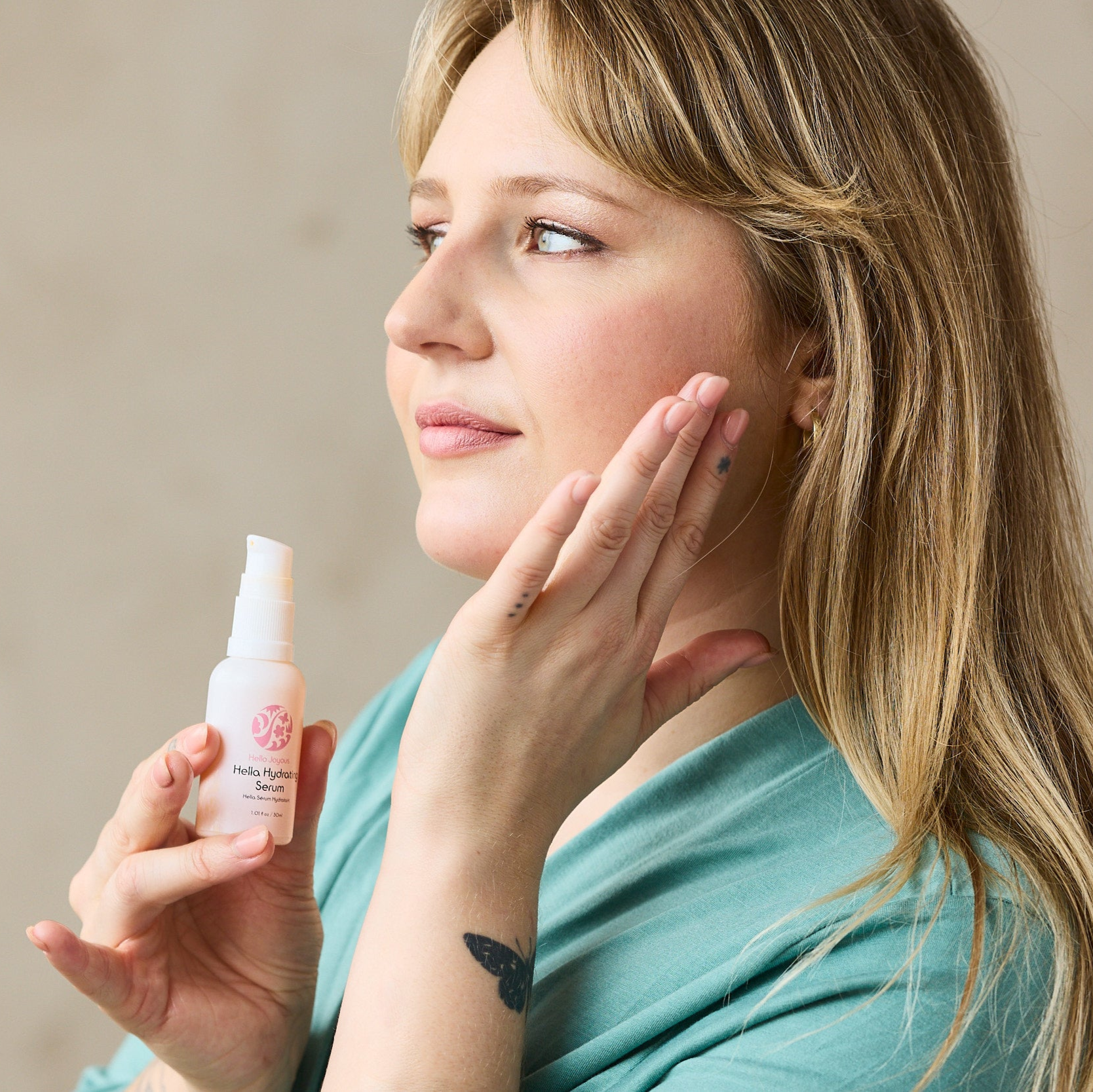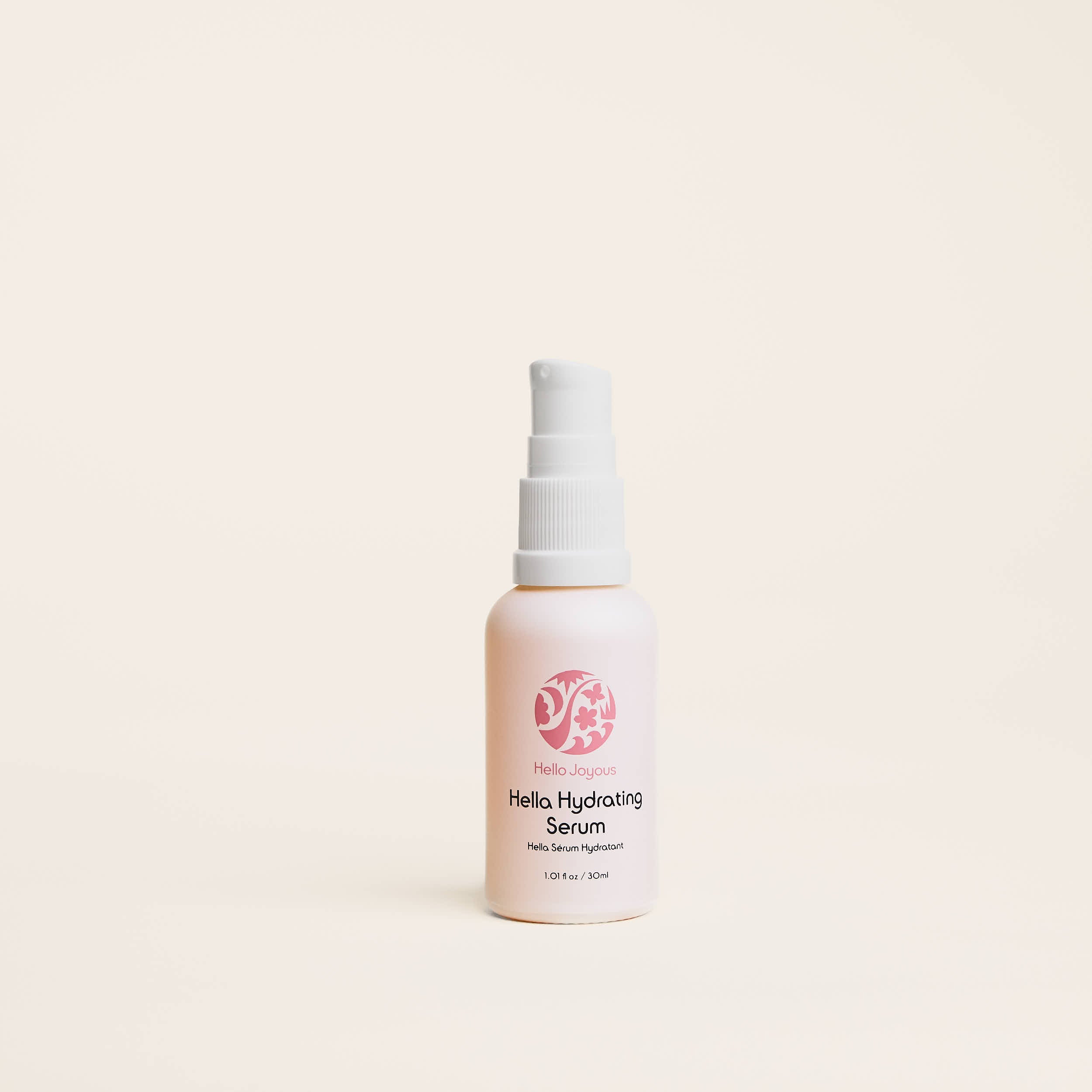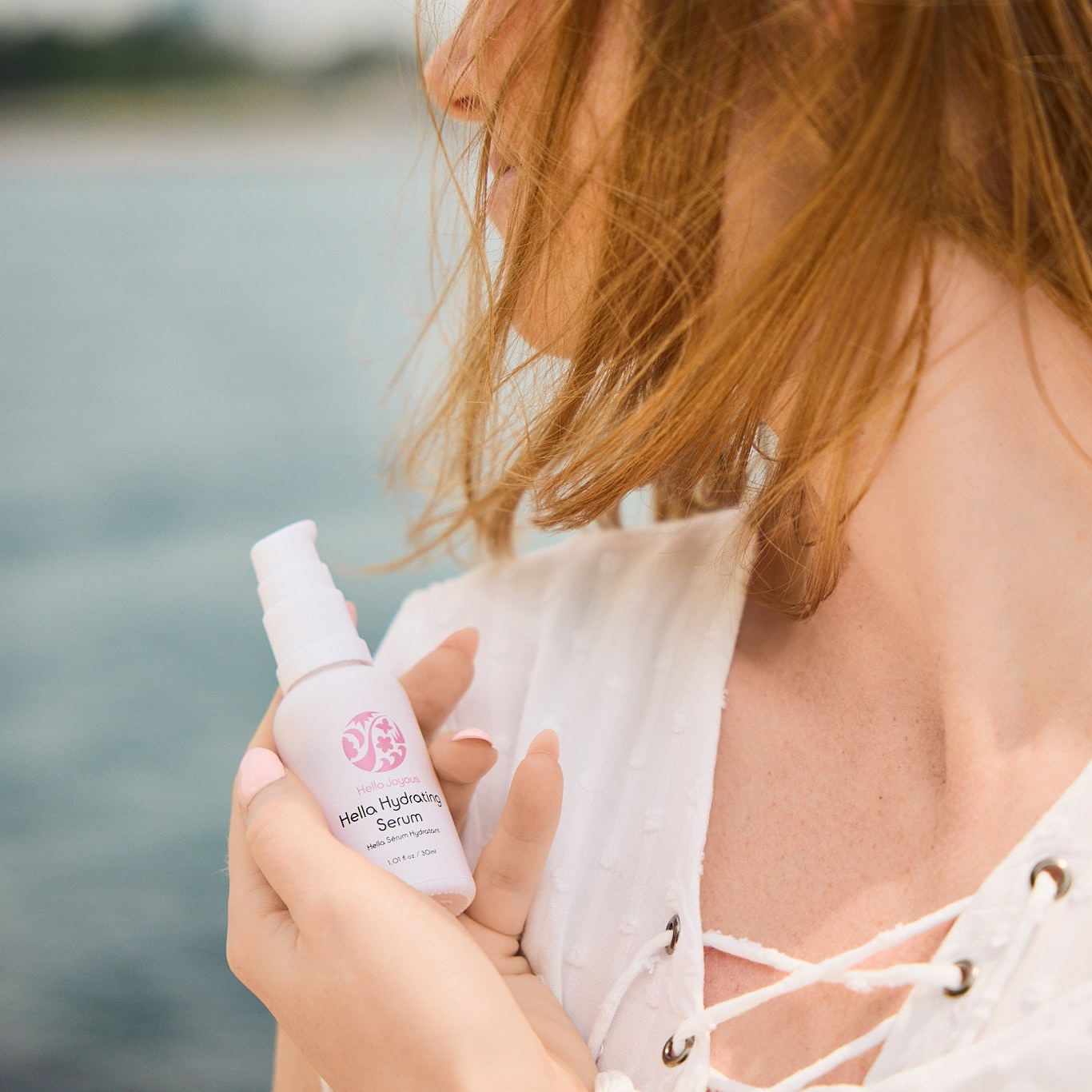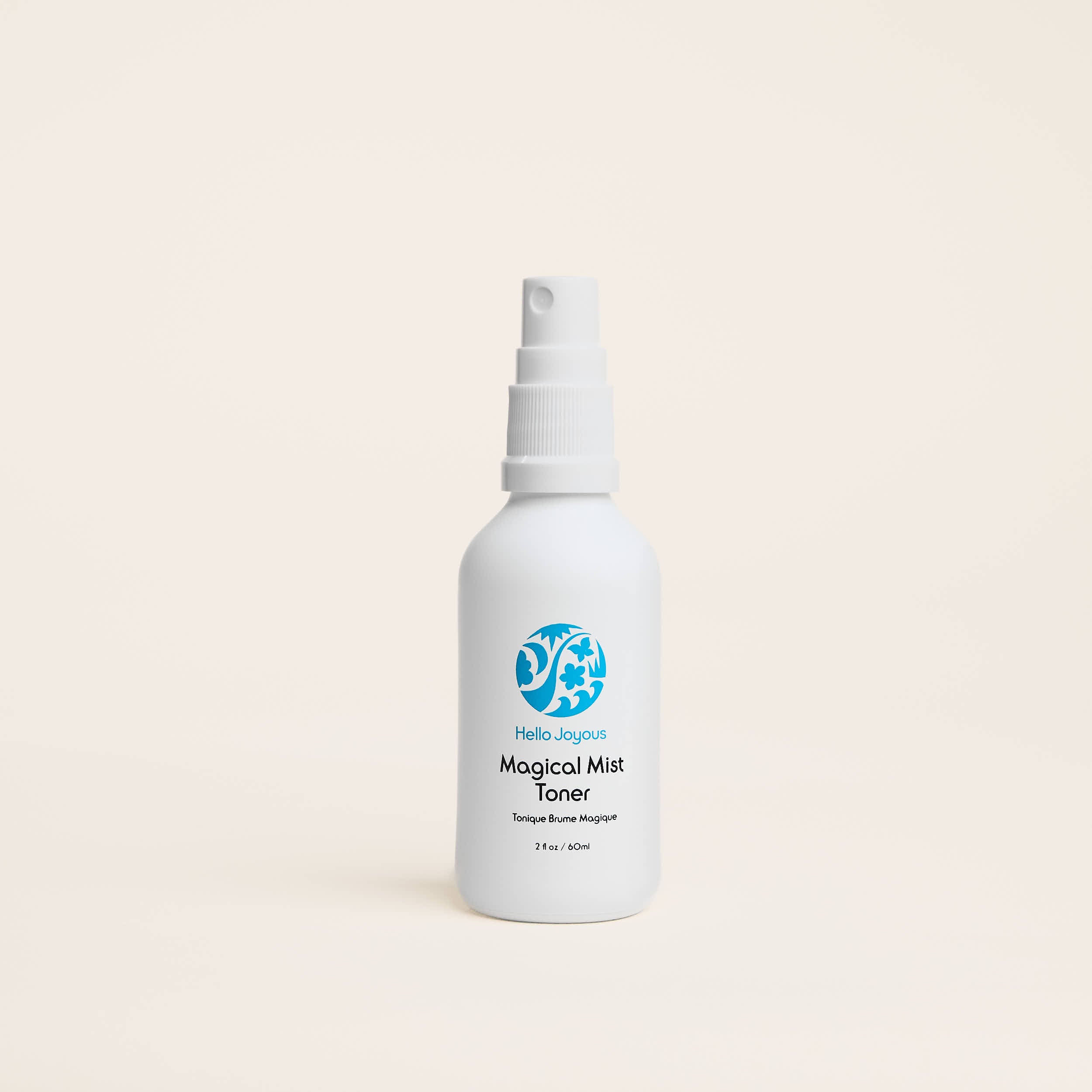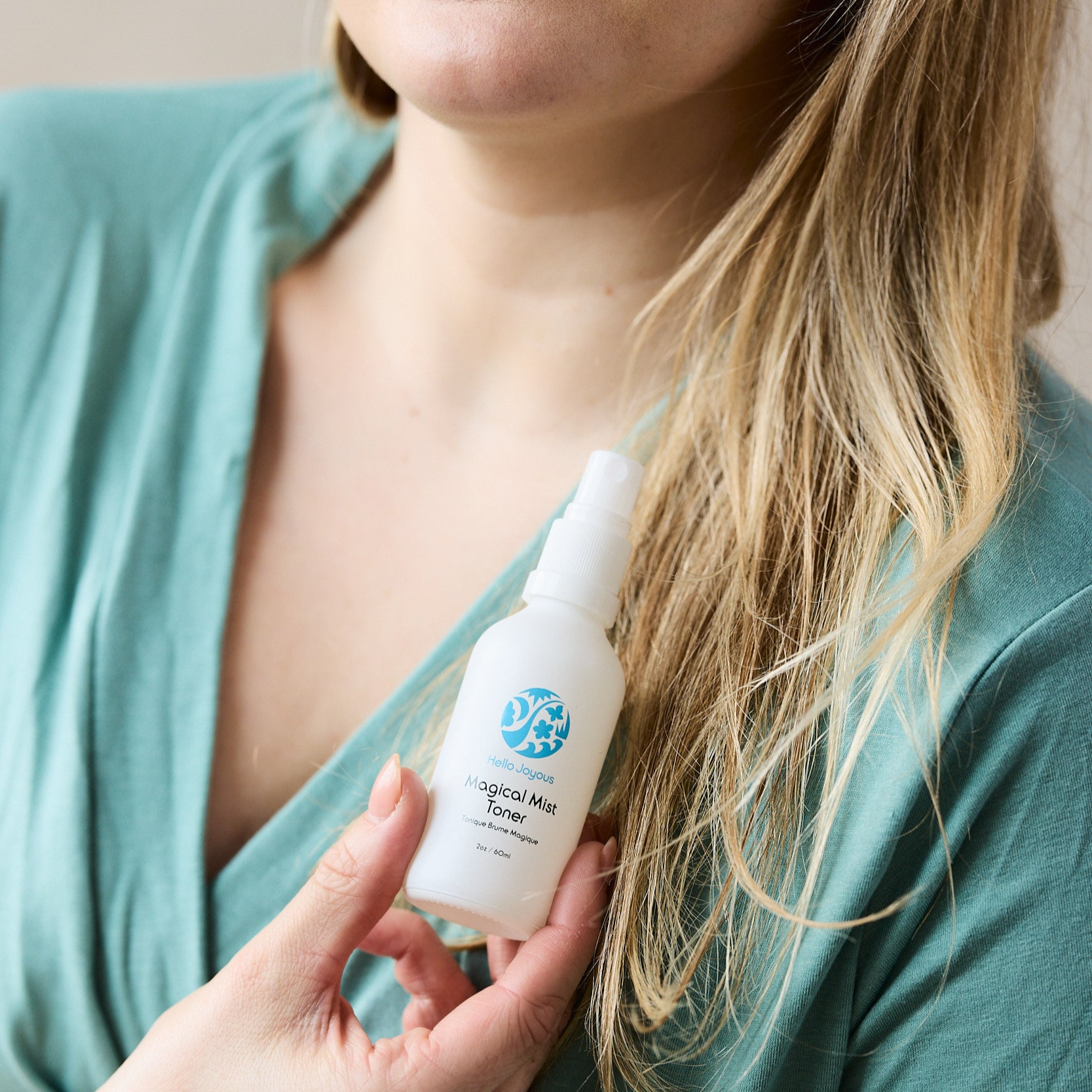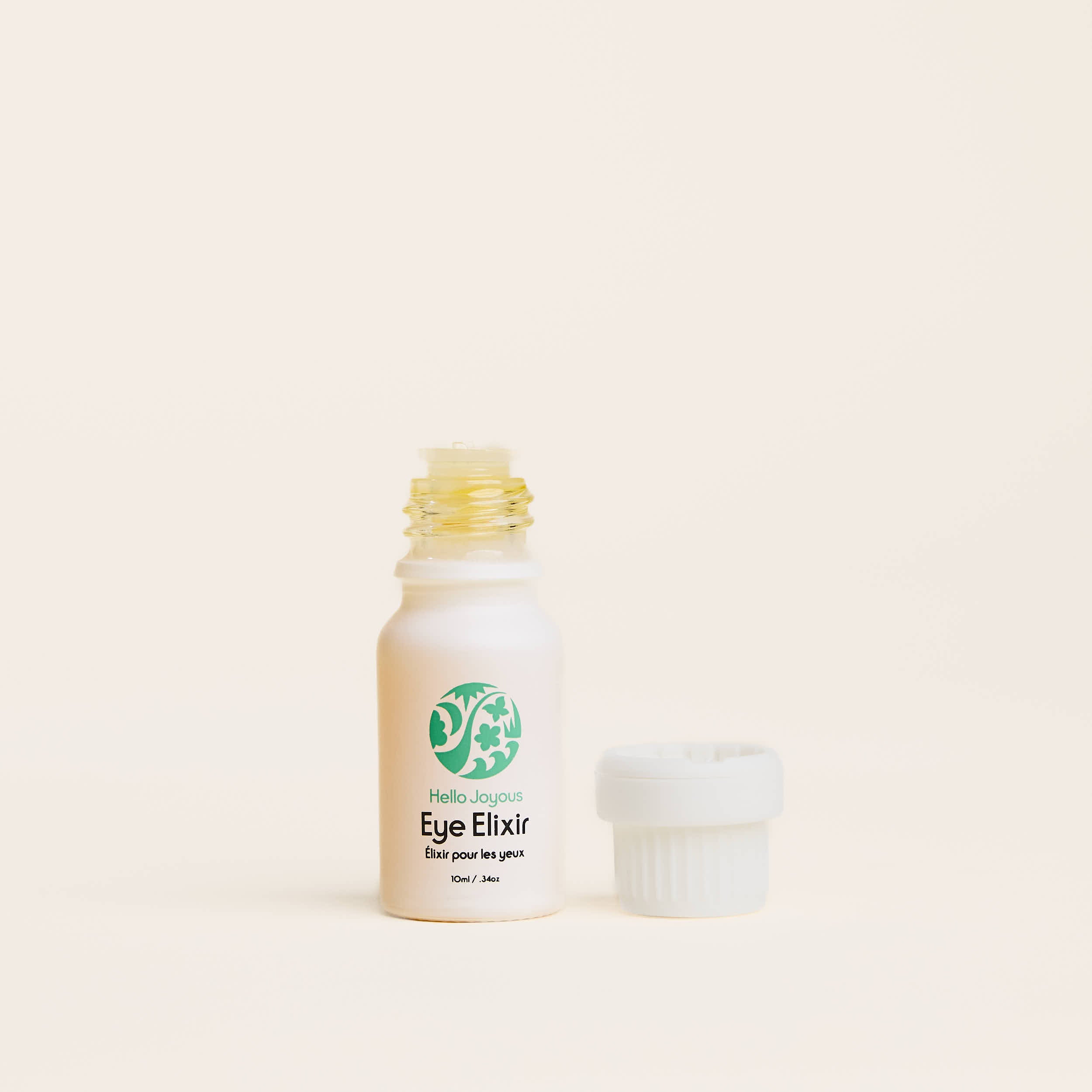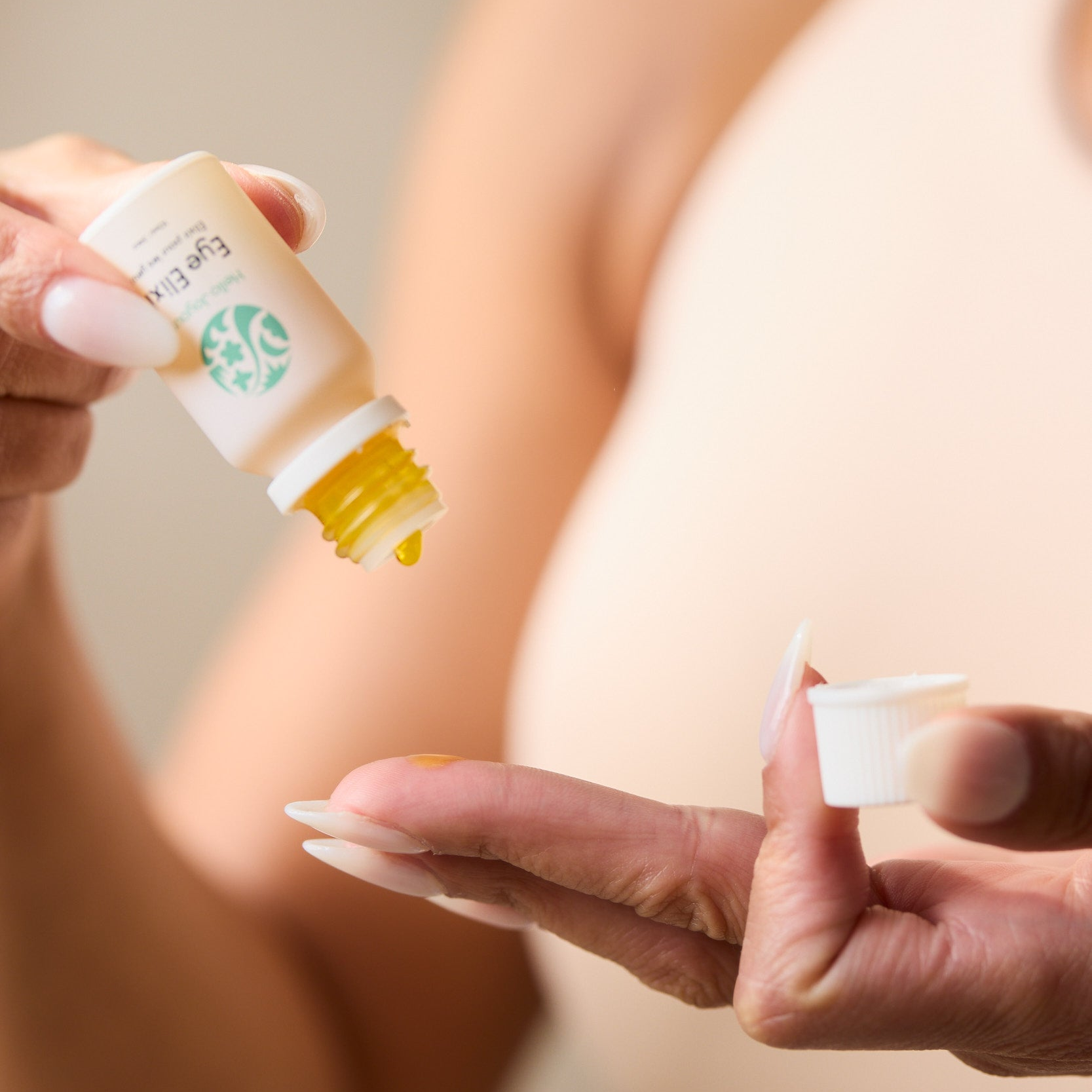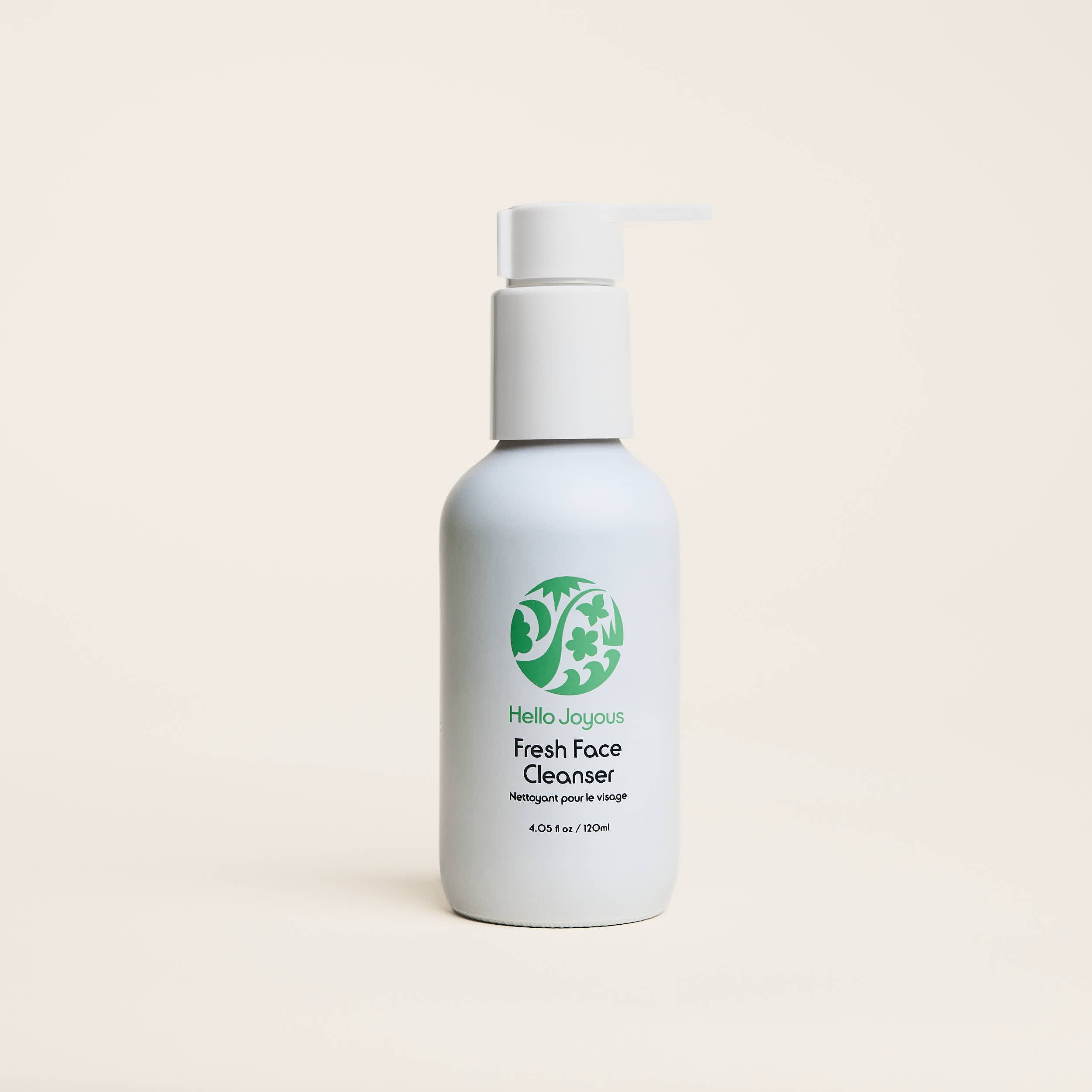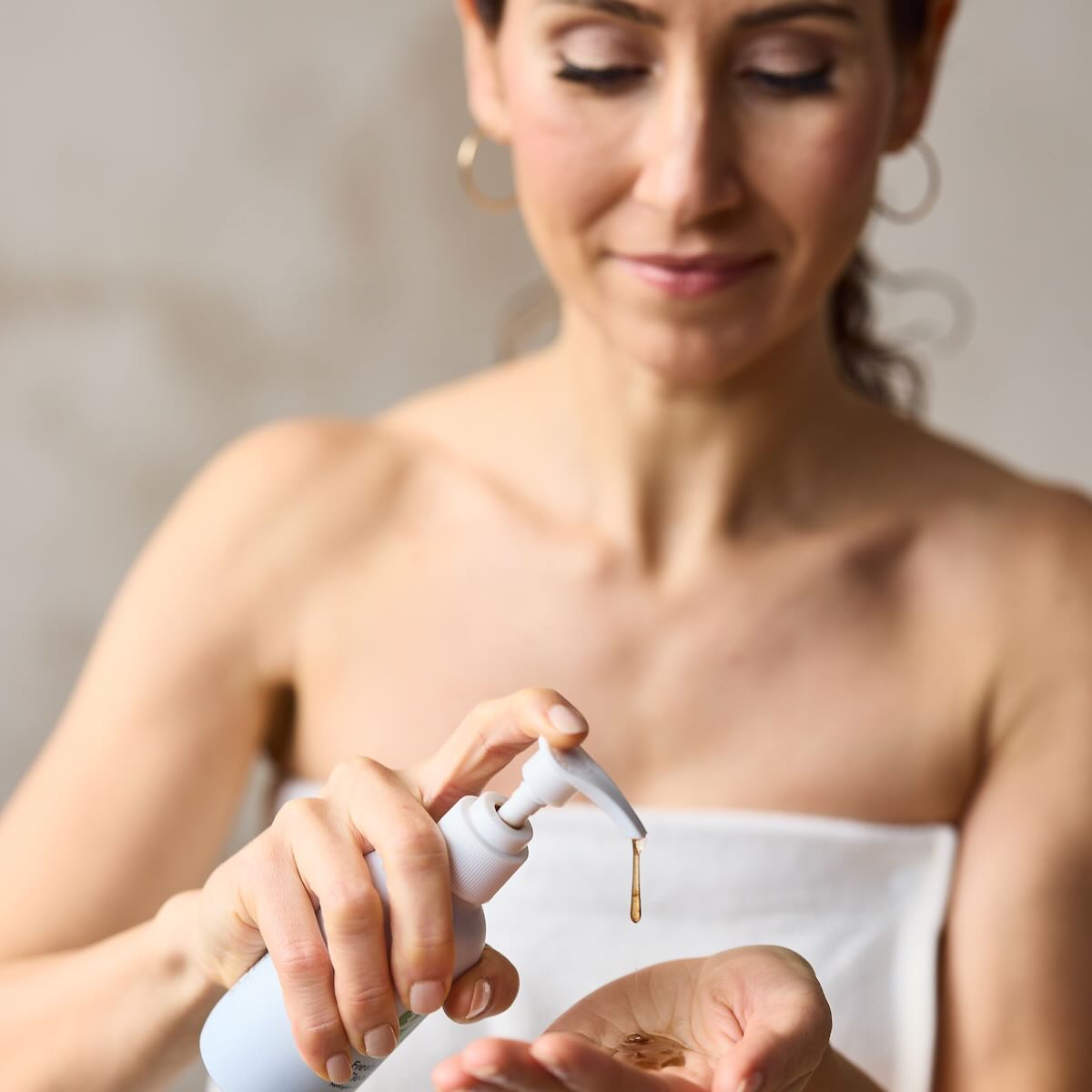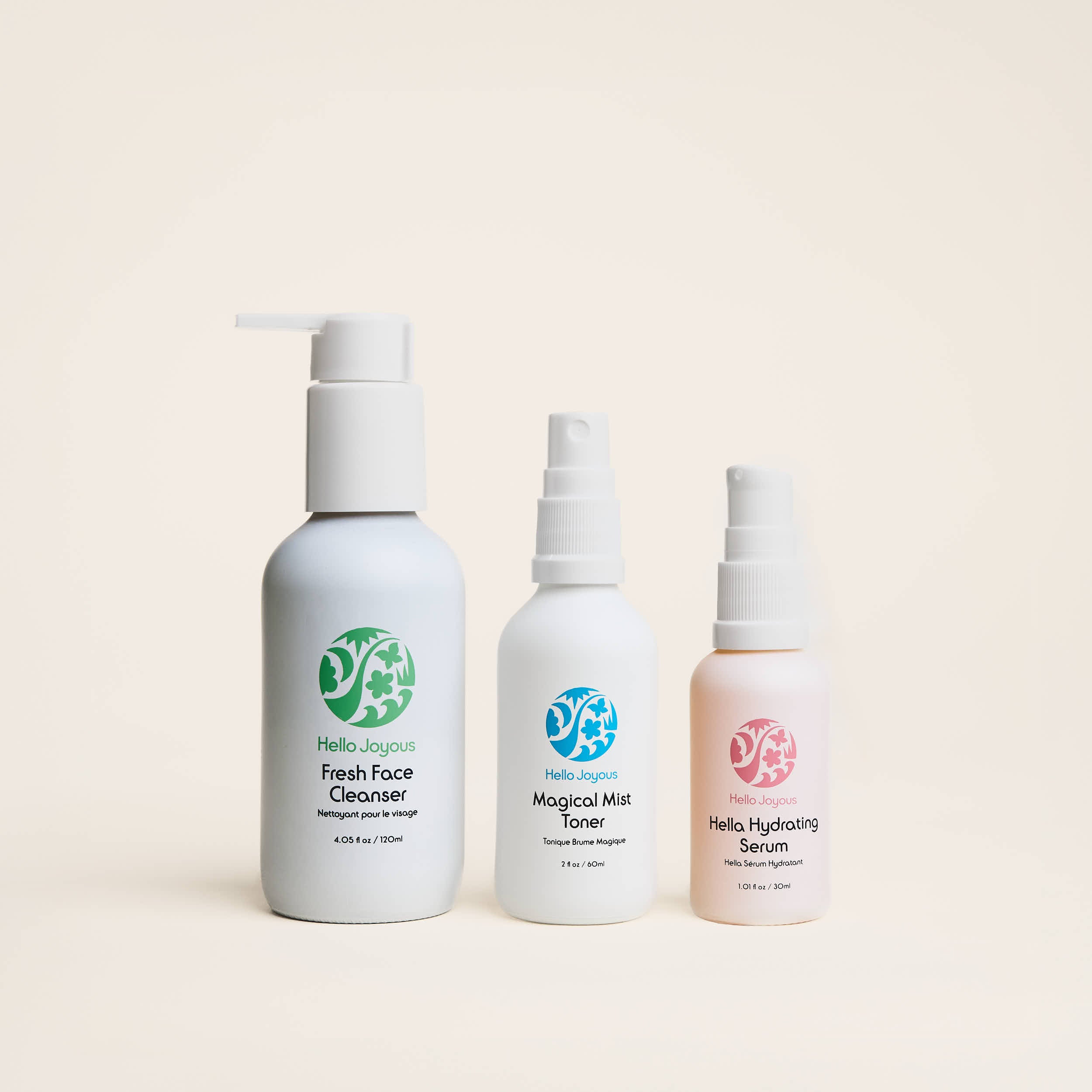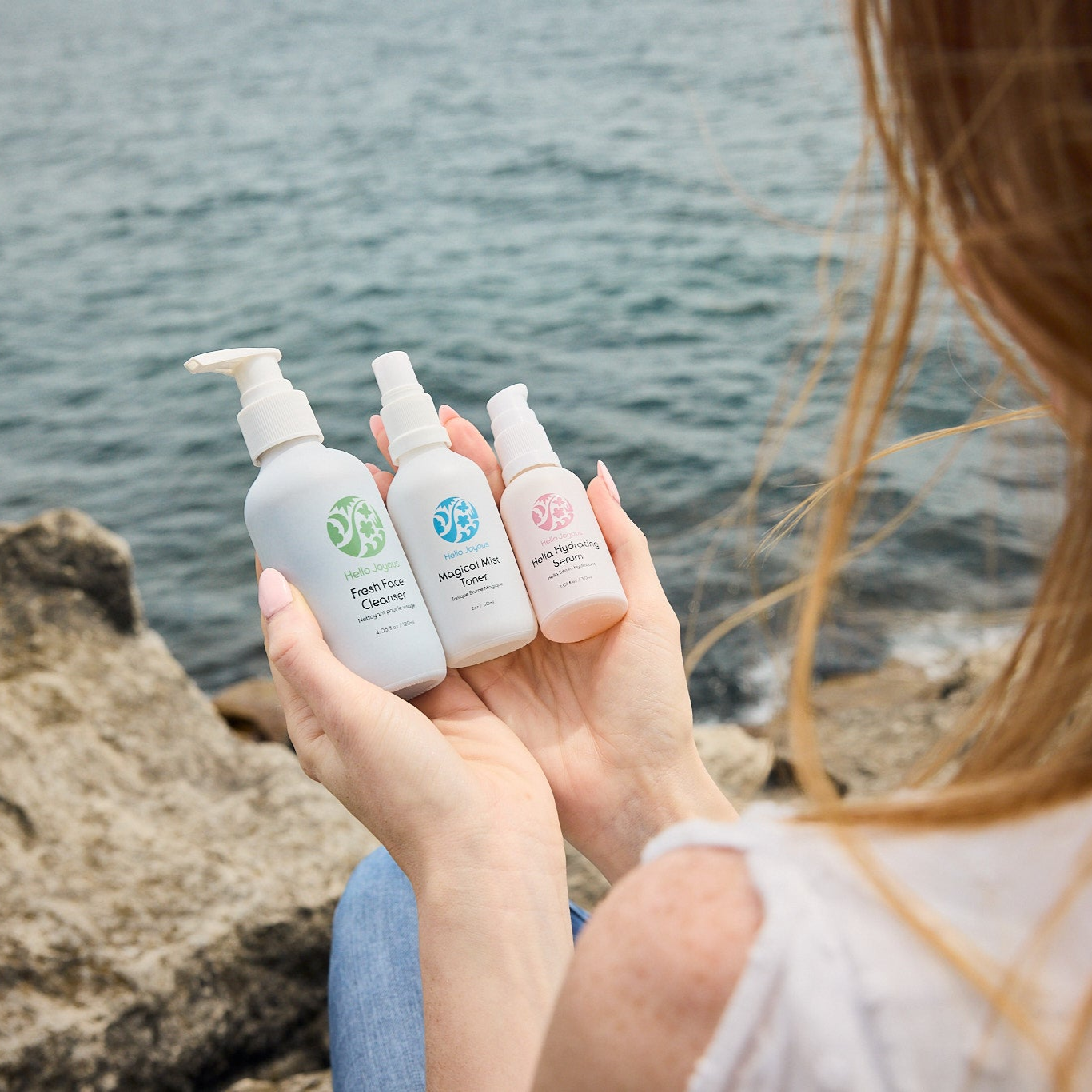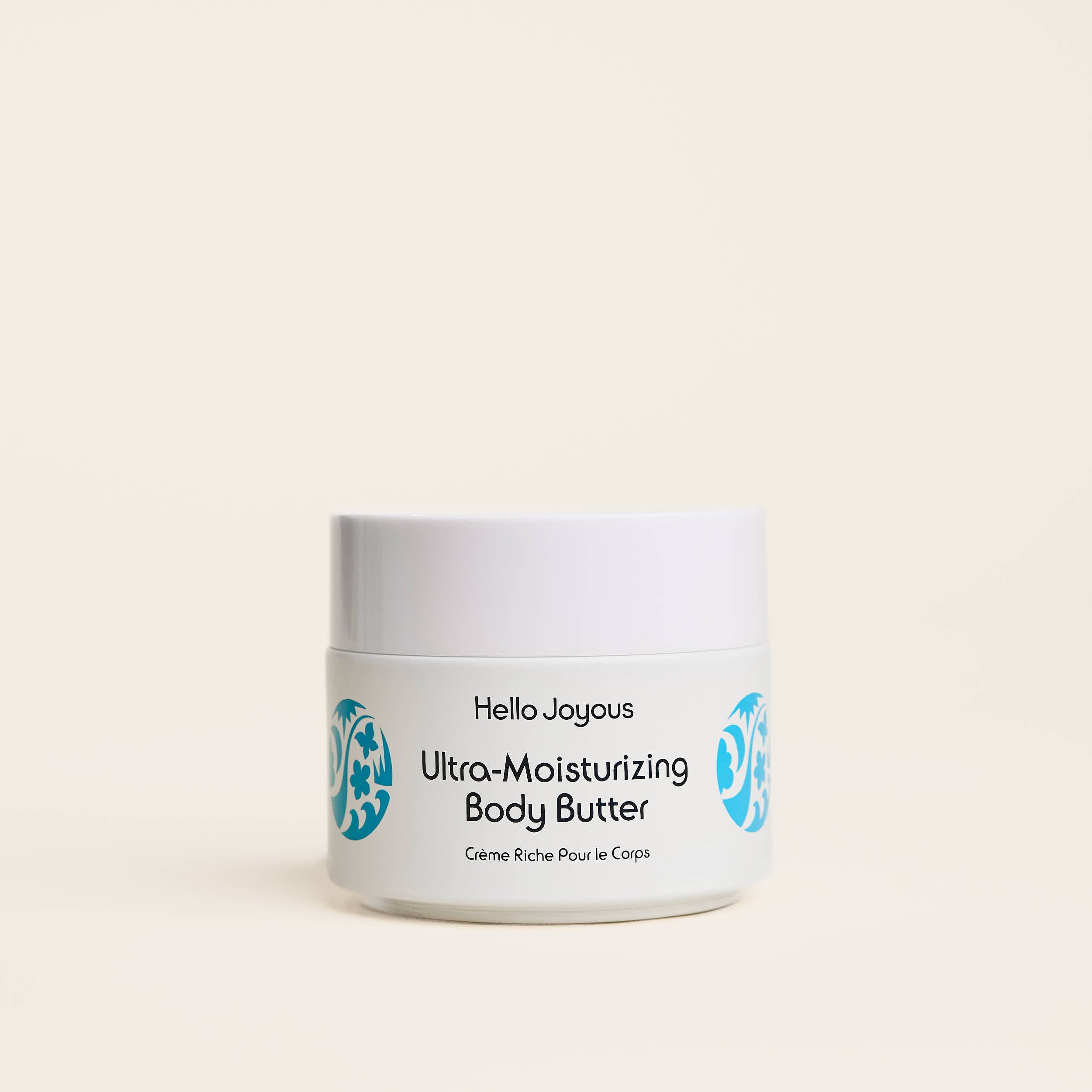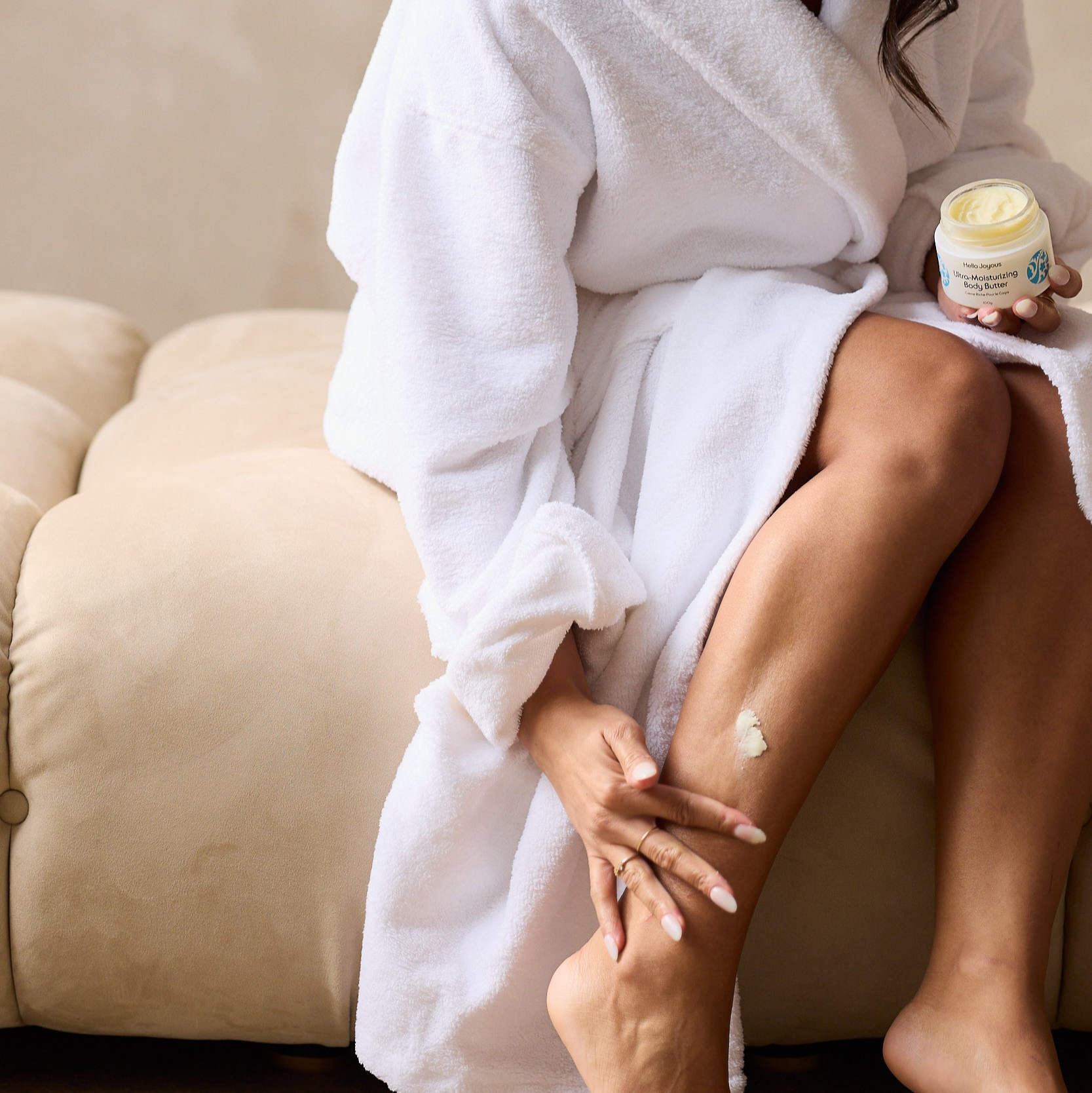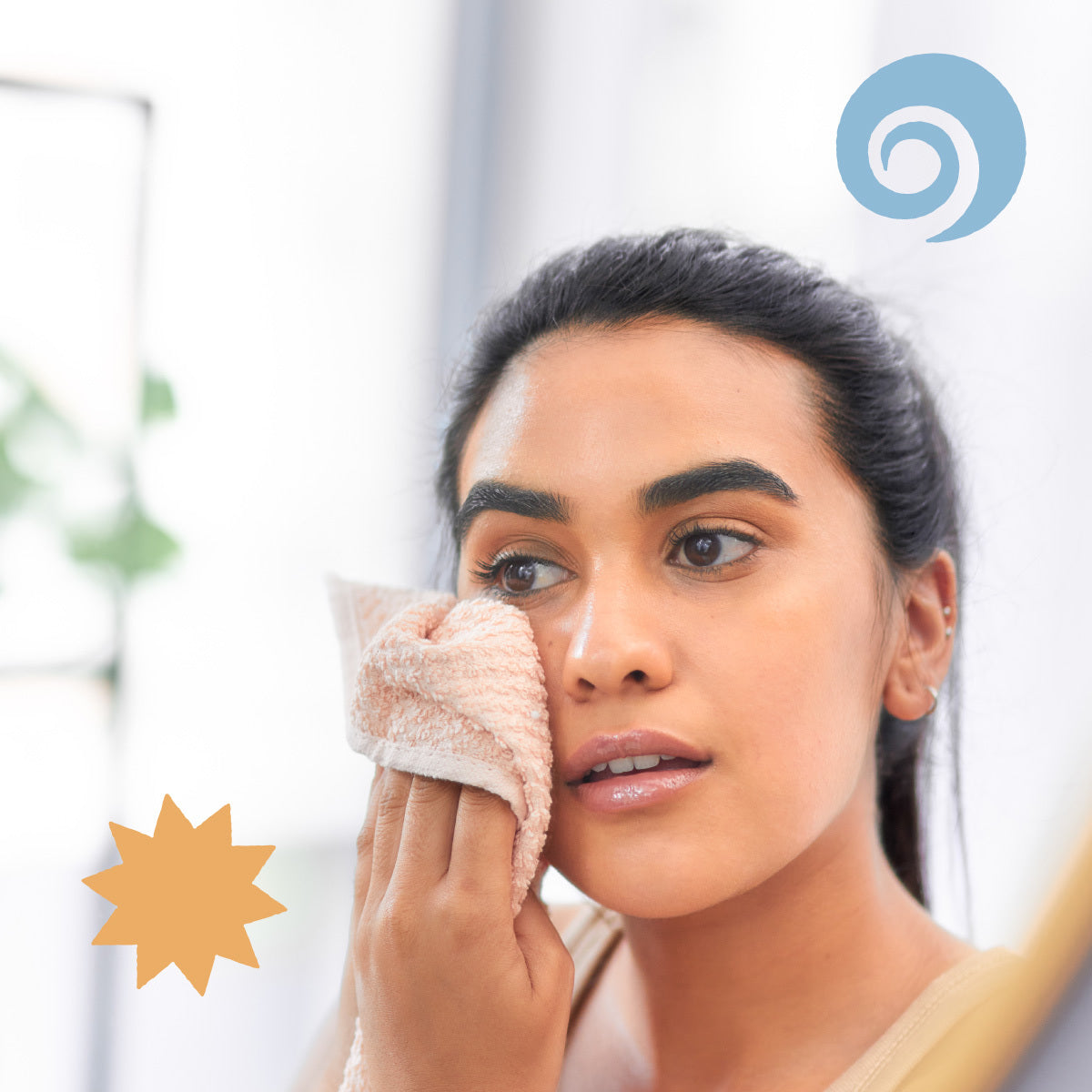Did you know that the skin is the body's largest organ and that it makes up nearly 15% of your total body weight? Not only that, but much like the gut, it’s home to a microbiome that plays a key role in its health and function.
A healthy skin microbiome forms a protective barrier against pollution, foreign microbes, toxins, free radicals and allergens. It also helps your skin retain moisture and crucial nutrients required to give you that healthy glow from head-to-toe!
At Hello Joyous we are passionate about supporting your skin health inside and out, so we wanted to take a closer look at the skin microbiome, signs it needs some support and what can harm the skin microbiome.
Your skin microbiome makes up one of three important parts of the skin barrier, which also includes the acid mantle and lipid barrier. These important parts work symbiotically to ensure healthy and glowing. Much like your gut microbiome, the skin microbiome is home to billions of diverse microbes that are unique to the skin and your environment! It is comprised of billions of invisible microbes that include bacteria, fungi, and viruses. You can’t see them with the human eye though–you’ll need a special microscope to get the full picture. Amazingly, it’s been found that one square centimetre of your skin can be home to over 1 billion microbes!
Again, similar to the gut which contains various species in different parts of the digestive tract, different areas of skin on your body will be home to vastly different types of microbes. For example, the microbiota on the face will differ from that in your armpits, which will vary from those found in drier areas such as elbows or knees. These drier skin areas will actually have a very low diversity of microbes.
With that in mind, there are four different phyla that healthy skin bacteria will fall into: Actinobacteria, Firmicutes, Bacteroidetes, and Proteobacteria. These four dominant phyla also constitute the microbiota that you will find on the inner mucosal surfaces of the oral cavity and gastrointestinal tract.
What Is The Role of the Skin Microbiome?
While research is still emerging on the importance of the skin microbiome what we do know is that two of the most important roles of the skin microbiome are to regulate inflammation and serve as a barrier against foreign invaders including viruses, fungi, yeasts, pathogenic bacteria, environmental pollutants, allergens and more. Essentially, the skin microbiome is there to ensure the proper functioning of the skin.
What Are Signs That Your Skin Microbiome Is Unbalanced?
When your skin microbiome is not balanced with healthy, commensal bacteria it can lead to some clear symptoms in the skin. Some signs that your skin microbiome may need some love include:
- Skin that is sensitive to environmental changes ie. extreme heat, cold or wind
- Dry, flaky skin
- Irritated or red skin: indicates inflammation
- Overly sensitive skin that is easily irritated by topical products
- Oily, acne-prone skin
- Skin disorders: rosacea, eczema, acne, psoriasis, and more.
The health of your skin microbiome is not solely responsible for skin issues, but it is one critical factor that is often overlooked.
What Can Alter/Harm the Skin Microbiome
One way to think about the whole body is that it is an ecosystem made of cells, bacteria, yeasts, etc. that work together to keep our body in balance. The skin is an extension of this ecosystem and disruption to the delicate balance of beneficial bacteria caused by using hand sanitizers, overwashing the face or body, using products with heavy preservatives (these are antimicrobials) or foaming agents such as SLS. All of these activities can disrupt the skin microbiome, which impacts the overall health of the skin. In fact, altering the diversity of microbiota, as is the case with excessive hand sanitizer use or handwashing, can lead to skin conditions like eczema as it impacts the skin barrier function. Research has shown low diversity of beneficial microbes and high numbers of Staphylococcus aureus are found in eczema prone skin.
There are several important factors that impact the types of microbes that live on your skin:
- The location on your body
- Physical activity
- Your diet
- Gut health
- Stress levels
- Free radicals
- Gender
- Overall inflammation levels
- Your age or life stage i.e. puberty or pregnancy
- Your occupation
- Antibiotic usage
- Clothing
- The environment and geographical location you live in
- Your overall health
- Skin pH
- Excessive exfoliation, chemical peels or harsh/abrasive skin procedures
- Harsh cleansers or chemical-laden moisturizers, anti-wrinkle creams, or other beauty products
- Any cosmetic or topical product that contains preservatives, antimicrobials, or other harsh ingredients
From this list, you can see that there are many factors within your control that can directly impact the health of your skin microbiome! Knowledge is power and armed with this information you can be empowered to take the steps needed to care for your skin health.
If you want to start taking steps to care for your skin microbiome today to support healthy, glowing skin you can try the Skincare Bundle, which contains our Fresh Face Cleanser, Magical Mist Toner, and Hella Hydrating Serum. If you want to try the whole line, our Ultimate Skincare Bundle contains our three core products plus the incredible Eye Elixir Serum and Super Natural Mask.
Wishing you a season of healthy, happy skin!
Read more
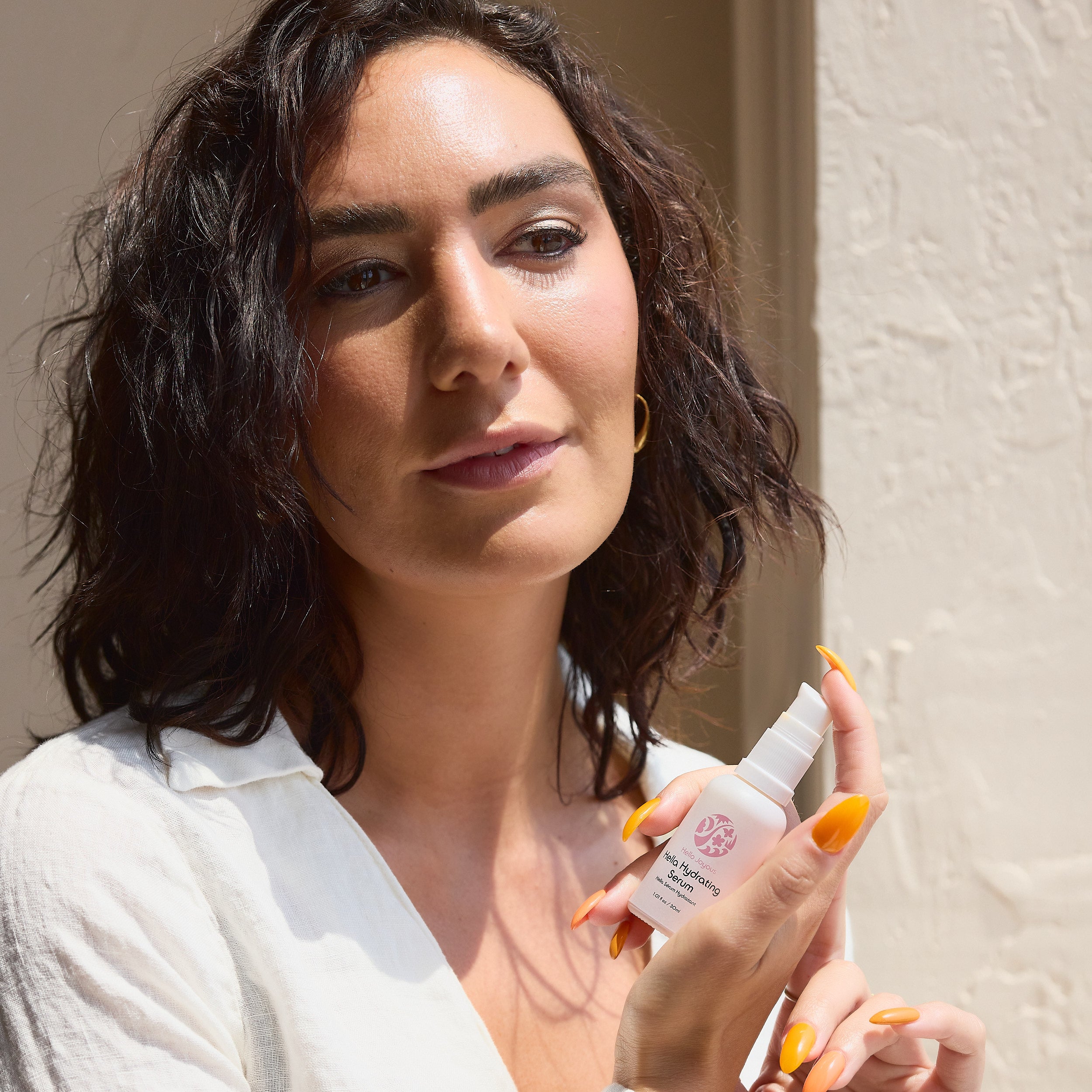
At Hello Joyous we are on a mission to create products that are pure, organic, and highly functional to support your glow from head-to-toe. We also focus on keeping our products as simple and effec...
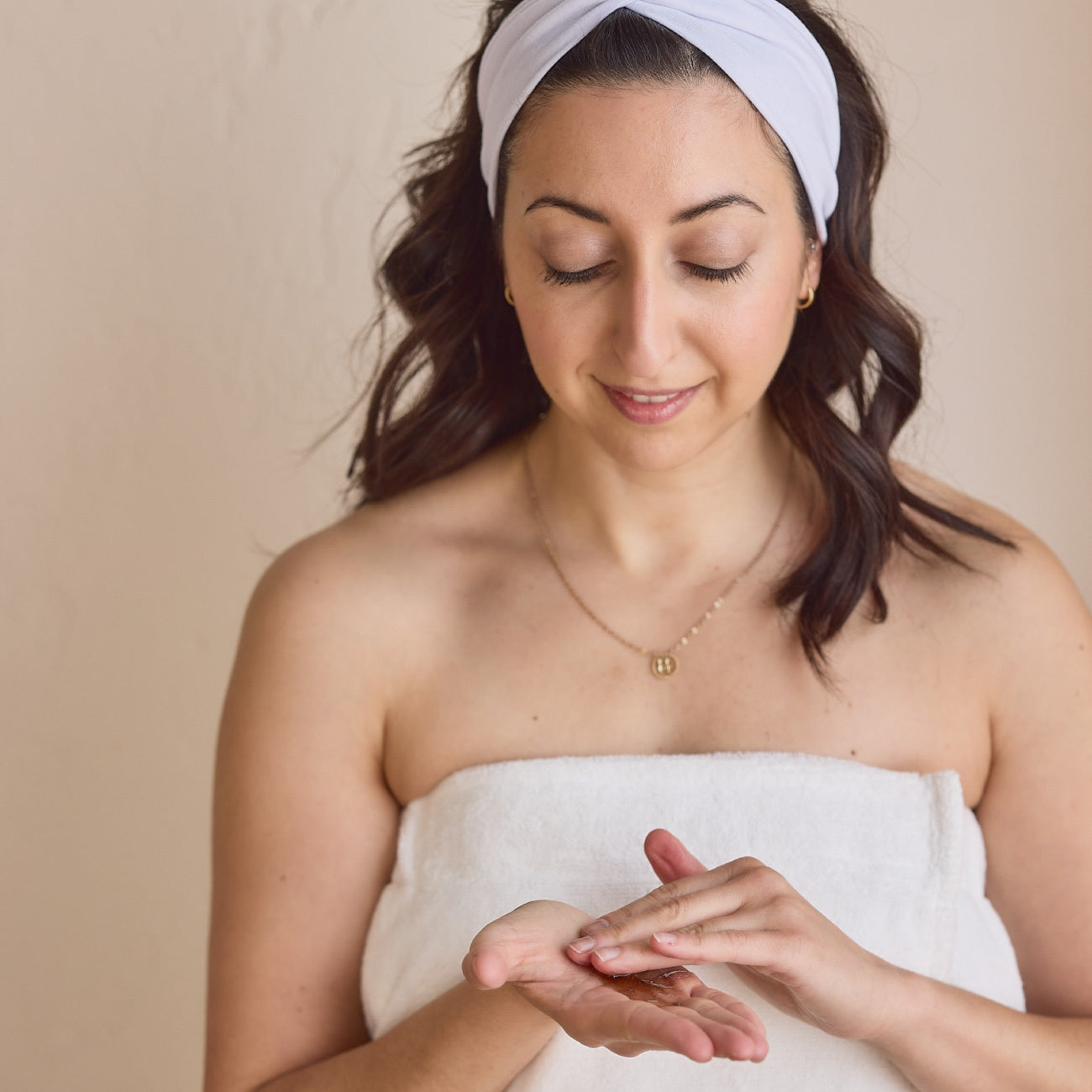
When it comes to achieving a healthy, radiant glow, taking care of your skin microbiome can often be the missing piece! We’ve previously shared Everything You Need to Know About the Skin Microbiom...
